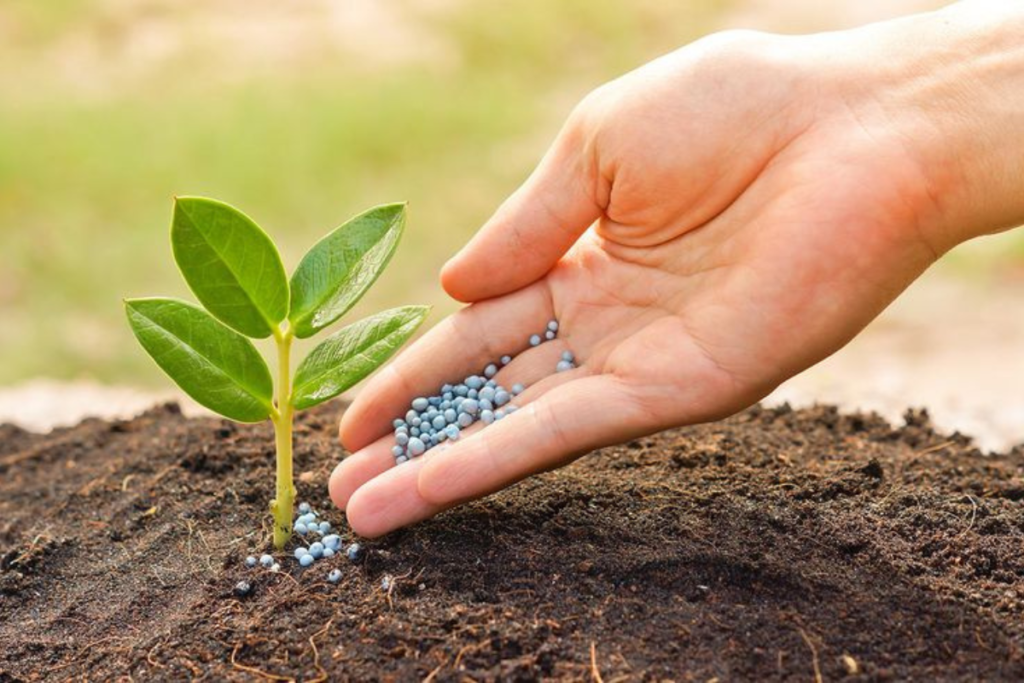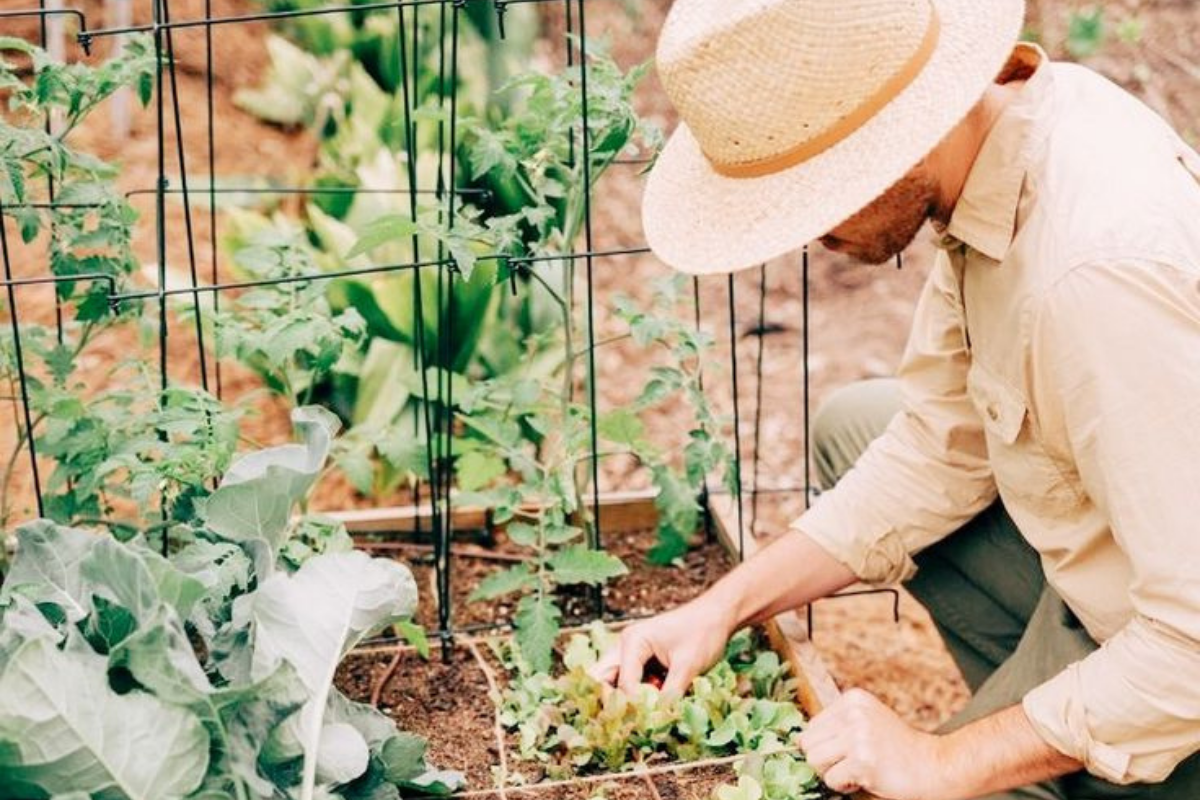Using aspirin in vegetable gardening is a game-changing, budget-friendly trick that can enhance plant health, growth, and resilience. While aspirin is widely known for its medicinal benefits, studies have shown that acetylsalicylic acid — its active ingredient — offers remarkable advantages for vegetable plants.
How Aspirin Benefits Your Garden
Recent research by the University of Rhode Island highlighted how applying an aspirin solution improved vegetable growth, strength, and resistance to diseases. This method proved especially beneficial for tomatoes, peppers, and eggplants — plants susceptible to fungal infections and pathogens.
Here’s how aspirin works in your garden:

- Immune Boost: Aspirin mimics salicylic acid, a natural compound that plants produce to fight infections. When applied, it helps activate the plant’s defense mechanisms.
- Growth Stimulation: Aspirin improves nutrient absorption and overall plant vigor, leading to stronger, healthier growth.
- Disease Resistance: Treated plants develop a stronger immune response against common pests, fungi, and diseases.
How to Use Aspirin in Your Garden
Follow these simple methods to introduce aspirin treatment into your gardening routine:
- Rooting Aid:
- Soak vegetable cuttings in a solution made from one aspirin tablet dissolved in a liter of water for 2-3 hours before planting.
- This encourages strong root development and reduces infection risks.
- Plant Spray:
- Dissolve 4 aspirin tablets in 4 liters of water.
- Spray the solution on your vegetable plants every 2-3 weeks throughout the growing season.
- Seed Treatment:
- Soak vegetable seeds in an aspirin solution for a few hours before planting to improve germination rates and early seedling growth.
- Soil Boost:
- Bury a crushed aspirin tablet near the roots of vegetable plants. Regular watering will activate the aspirin, promoting plant immunity and nutrient uptake.
Best Vegetables for Aspirin Treatment
- Tomatoes
- Peppers
- Eggplants
- Potatoes
These plants belong to the solanaceous family and respond particularly well to aspirin treatments.
Tips for Success
- Use non-coated aspirin for best results, as coatings can prevent proper dissolution.
- Avoid overuse, as too much aspirin can stress the plants. Stick to the recommended dosages and schedules.
